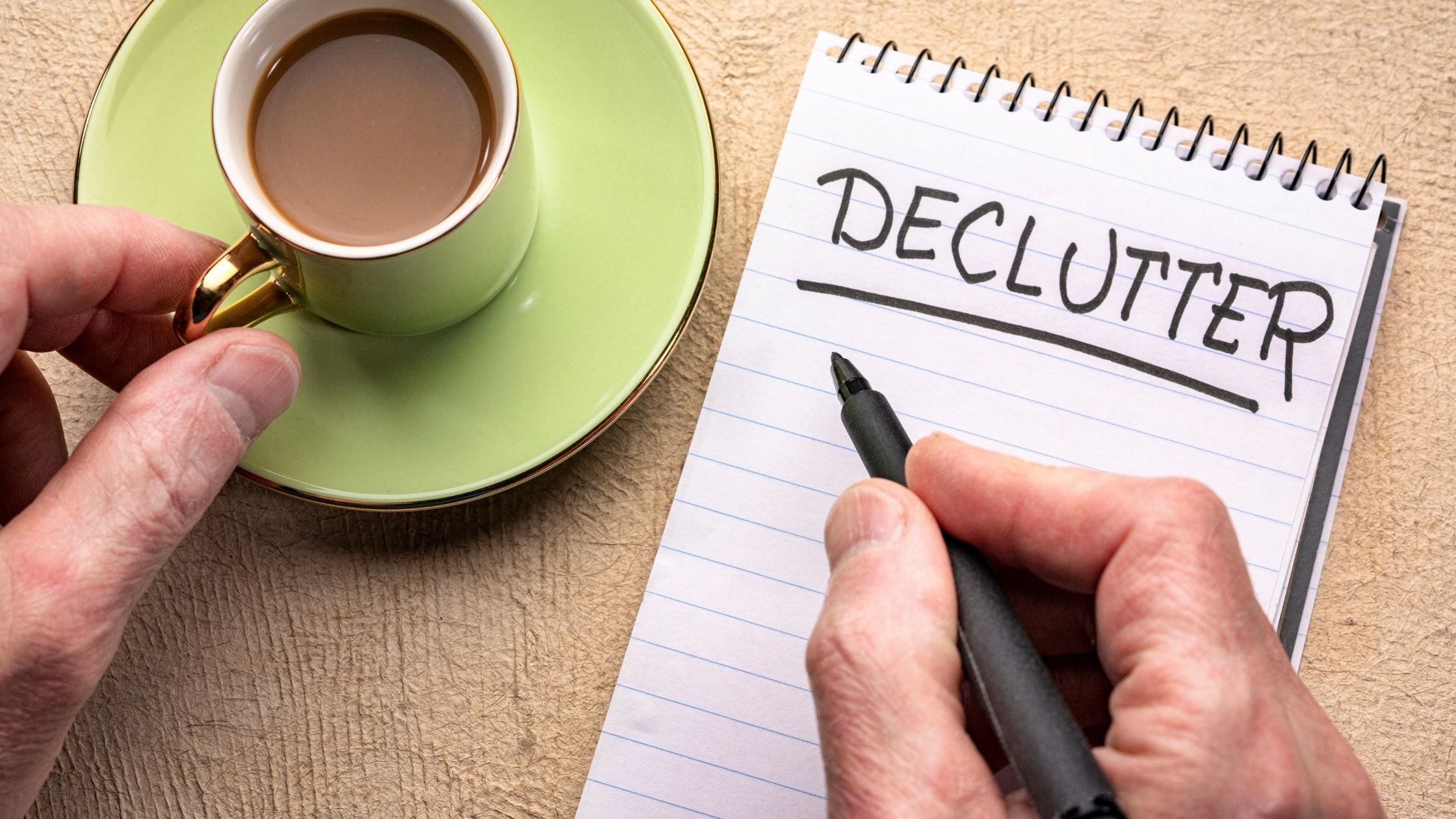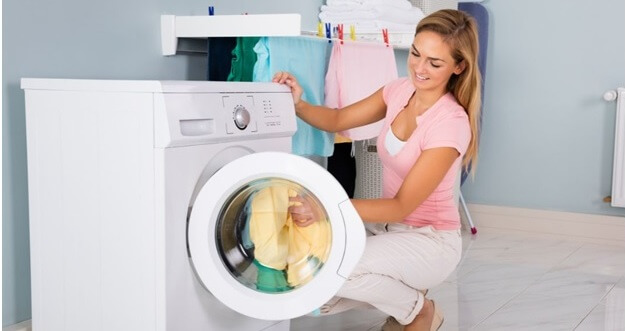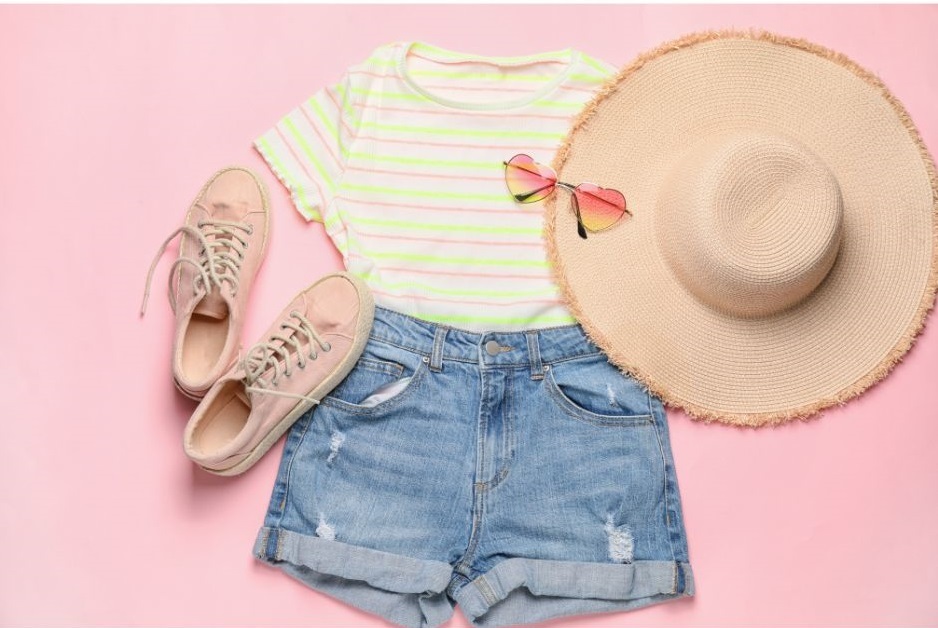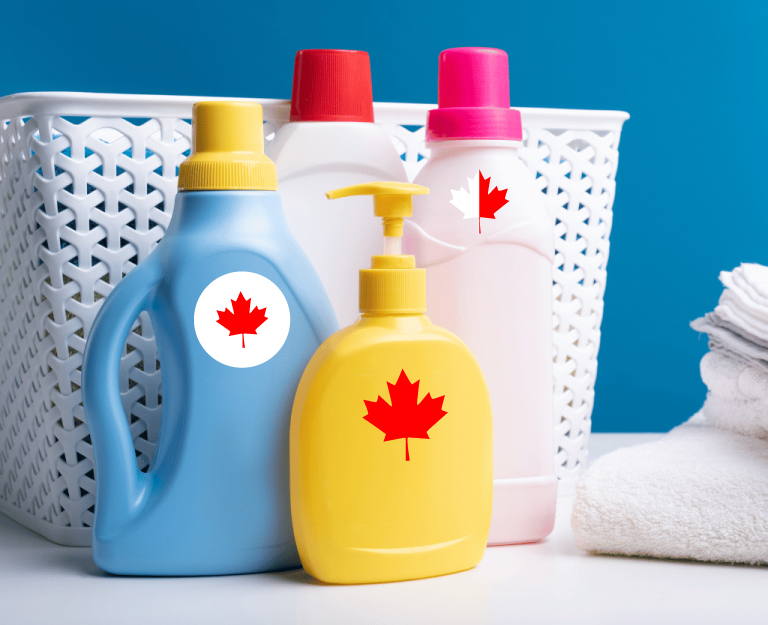
Declutter Your Way to Less Stress in 2021
By WeDoLaundry •Did you know that messy surroundings can muddle up your mind?
You might think you have it all together because you “know where everything is”, but research suggests that bundles of unopened mail, piles of clothes, and drawers full of knickknacks have a cumulative effect on your brain. Disorganized surroundings can make it harder for you to focus,increase your anxiety levels, and even contribute to poor eating habits.
If you’re still brainstorming ideas for New Year’s resolutions, consider adding the resolve to become and remain clutter-free onto your list. It’s not easy to do, so below are 3 tips to help you get in the right frame of mind.

Take It One Day at a Time
It’s easy to look at the piles of junk strewn across your home and get discouraged at the idea of having to deal with it.
Here’s a tip: don’t deal with it yet. Start by making a decluttering list of the items or areas that need a little TLC. Doing so will help your brain process the job more easily, which will automatically make the task seem less overwhelming.
Once you have your list, don’t tackle it all at once. Instead, move from one item to the next and weed your way through everything little by little. Spend half your Saturday cleaning out your hallway closet. Take 20 minutes after work to sort through a desk drawer. Use the trash bag method and fill an entire garbage bag every evening for the next couple of weeks. It’s a good idea to create a schedule to follow so you can get it all done by a deadline.
Use an Accountability Partner

We often struggle to get rid of old items because of the endless reasons we use to justify hanging on to them.
“I might need it down the road.”
“You can never have too many hot glue guns lying around!”
“My third cousin’s sister’s aunt (twice removed) bought this for me as a birthday gift. Throwing it away would be disrespectful.”
The list goes on. Dr. Darby Saxbe, a psychology professor at the University of South Carolina, suggests that when you take on the herculean task of purging, avoid even picking up certain items. Once you touch them, letting go becomes harder. Instead, have someone else hold up the item and ask: “Do you need this?” This accountability element will allow you to make much more unbiased decisions about what to get rid of and what to keep.
Remember Those in Need

Try and think of someone else who might need something more than you. Doing so can make it easier to cut back on the clutter.
Is there a new mom who could use that bassinet? Do you know a hard-up college student in need of a spare laptop? What about that friend who’s starting a home baking business? They would surely be over the moon to receive that unopened Kitchenaid mixer.
Even if you don’t personally know anyone, strangers can benefit from your excess items. In Metro Vancouver alone, the homeless count has exceeded 2,000 individuals per year over the last few years. You can help sustain the less fortunate during the cold months just by donating your old warm clothes.
Instead of mourning the loss of your possessions, focus on how you can help others with them.
Decluttering Will Improve Your Quality of Life
While cleaning out your space may be difficult, remember the benefits. You will find your surroundings more delightful to be in, experience better mental health, and enjoy stronger cognitive abilities.
Who knows? You may even make a difference to someone who needs a helping hand.



